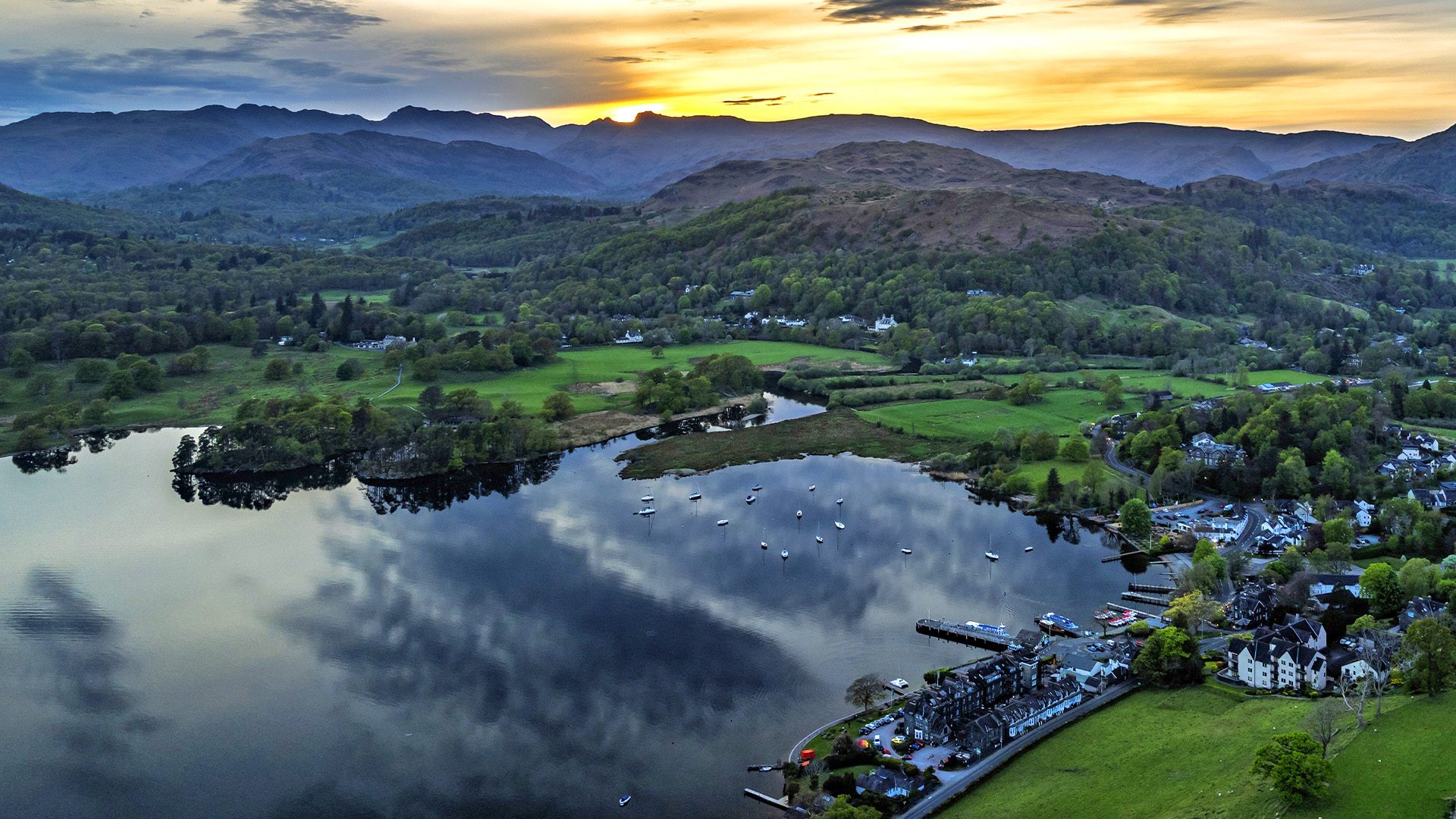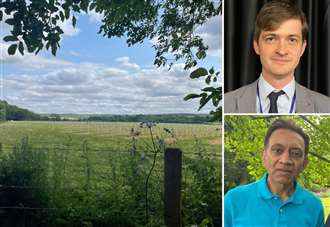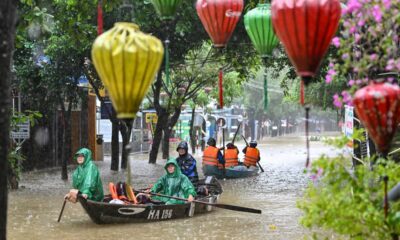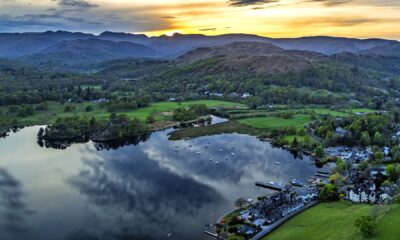Science
Survey Reveals Alarming Pollution Levels in Lake Windermere Water

Lake Windermere, a UNESCO World Heritage site located in the Lake District, faces serious environmental concerns as a recent survey indicates significant pollution levels in its waters. Volunteer citizen scientists collected over 1,000 samples from the lake over a period of two and a half years, revealing the presence of harmful bacteria and elevated phosphorus levels that do not meet established water quality standards.
The findings have raised alarms among environmental advocates and local communities who rely on the lake for recreation and tourism. According to the survey, the bacteria commonly associated with sewage contamination were detected in various locations around the lake, posing potential health risks to visitors and residents alike.
Clare Fallon, a correspondent for the North of England, reported that the citizen scientists’ efforts were key in uncovering these troubling results. Their work highlights the importance of community engagement in environmental monitoring and protection.
Government Response to Pollution Crisis
In response to the survey’s findings, the UK Government has reiterated its commitment to addressing sewage pollution in Windermere. Officials have stated their intention to eliminate sewage discharges into the lake entirely, although specific timelines and strategies for achieving this goal have yet to be detailed. The government’s pledge comes amid growing public concern over the state of the nation’s waterways and the impact of untreated sewage on both public health and local ecosystems.
The effects of such pollution extend beyond health concerns; they threaten the natural beauty and biodiversity of the Lake District. As one of the most visited areas in the UK, Lake Windermere attracts millions of tourists each year, contributing significantly to the local economy. The degradation of water quality could have lasting implications for tourism and local livelihoods.
Community groups and environmental organizations have called for more stringent regulations and monitoring to ensure that the lake’s water quality is protected. They emphasize that urgent action is needed to safeguard this precious natural resource.
Implications for Future Conservation Efforts
The revelations from the citizen scientists’ survey underscore the ongoing challenges faced in maintaining the ecological integrity of Lake Windermere and similar natural sites. With pollution levels in the lake now documented, conservationists are hopeful that increased awareness will drive further action from both governmental and non-governmental organizations.
As public interest in environmental issues continues to grow, the situation at Lake Windermere serves as a critical reminder of the importance of protecting our natural resources. The findings from this survey not only shed light on the current state of the lake but also highlight the necessity for continued vigilance and proactive measures to ensure its preservation for future generations.
Efforts to clean up Lake Windermere will require collaboration among various stakeholders, including local authorities, environmental groups, and the community at large. As the public awaits more comprehensive action from the government, the commitment of volunteer citizen scientists plays a vital role in holding authorities accountable and fostering a culture of environmental stewardship.
-

 World19 hours ago
World19 hours agoCoronation Street’s Shocking Murder Twist Reveals Family Secrets
-

 Entertainment4 months ago
Entertainment4 months agoKate Garraway Sells £2 Million Home Amid Financial Struggles
-

 Entertainment3 months ago
Entertainment3 months agoAnn Ming Reflects on ITV’s ‘I Fought the Law’ Drama
-

 Health3 months ago
Health3 months agoKatie Price Faces New Health Concerns After Cancer Symptoms Resurface
-

 Entertainment3 weeks ago
Entertainment3 weeks agoCoronation Street Fans React as Todd Faces Heartbreaking Choice
-

 World4 days ago
World4 days agoKevin Sinfield Exceeds Fundraising Goal Ahead of Final Marathons
-

 Entertainment3 months ago
Entertainment3 months agoCoronation Street’s Carl Webster Faces Trouble with New Affairs
-

 Entertainment4 days ago
Entertainment4 days agoTwo Stars Evicted from I’m A Celebrity Just Days Before Finale
-

 World3 weeks ago
World3 weeks agoBailey Announces Heartbreaking Split from Rebecca After Reunion
-

 Entertainment3 months ago
Entertainment3 months agoWhere is Tinder Swindler Simon Leviev? Latest Updates Revealed
-

 Entertainment4 months ago
Entertainment4 months agoMarkiplier Addresses AI Controversy During Livestream Response
-

 Science2 months ago
Science2 months agoBrian Cox Addresses Claims of Alien Probe in 3I/ATLAS Discovery















